

Tao Te Ching
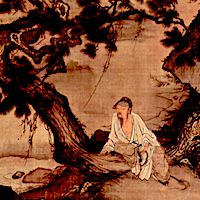
Wu Wei
Action without Gaining Idea
Aimless wandering, aimless gardening, business without profit motive, fame without fixation, wealth without attachment, power without control... the realization and understanding of wu wei injects a radical sense of sanity into our confused, delusional, and materialistic world of consumerism, selfishness, and aggression.
Quotes (109)
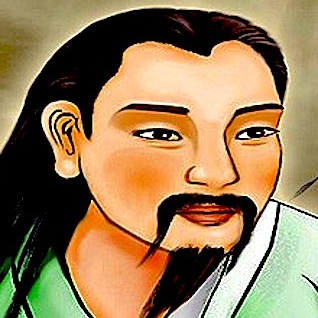
“A man brings about real increase by producing in himself the conditions for it that is, through receptivity to and love of the good. Thus the thing for which he strives comes of itself, with the inevitability of natural law.”
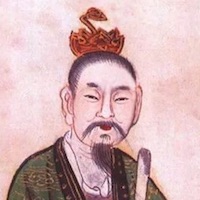
“Don’t be materialistic trying to either create fortune or avoid misfortune.”
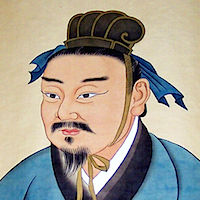
“Perfect truthfulness though unmoving, creates change; though taking no action, brings about completion; though making no display, becomes manifest.”
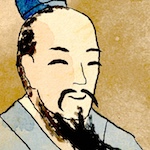
“The sage has no goal and people are transformed. He doesn’t talk but people are taught, doesn’t act but everything is done, speaks without intention and even beggars in the street benefit.”

“not-doing is the opposite of inaction. Because acting without effort, each job does itself in its own time.”

“The ancients ruled the world by doing nothing. This is the Virtue of Heaven — Heaven moves without moving.”

“Those who are skilled toil, and those who are clever worry. Meanwhile, those who do not possess such abilities seek nothing and yet eat their fill. They drift through life like unmoored boats.”
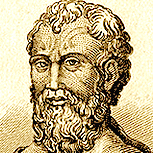
“When men are enlightened enough to follow their natural instincts, they will have no need of law-courts or police, will have no temples and no public worship, and use no money.”
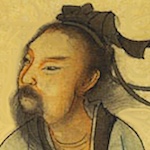
“Drifting here and there, I did not know whether I rode on the wind or the wind rode on me.”
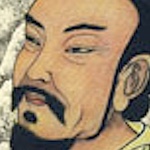
“Real people are those united with the Tao. Wandering in the vastness beyond mundane clutter, they work freely without making an issue of it, know without learning, see without looking, achieve without striving and understand without trying.”

“Behold the fowls of the air: for they sow not, neither do they reap, nor gather into barns; yet your heavenly Father feedeth them. Are ye not much better than they?”

“First, abandon all thought of action. Then see desirable objects as mere concepts, delusory mental pictures.”
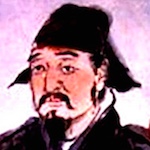
“The nature of the myriad things is spontaneity. It should be followed but not interfered with.”

“Those who seek the Tao seek to return to emptiness and nothingness. When something is done, something is left out. When nothing is done, nothing is not done.”

“What a pleasure it is, with a cask of sweet wine and singing girls beside me,
I am happier than the fairy of the air, who rides on his yellow crane,
And free as the merman who followed the sea-gulls aimlessly.”

“people should not miss the way that leads from conscious action to unconscious non-action... Non-action prevents a man from becoming entangled in form and image. Action in non-action prevents a man from sinking into numbing emptiness and a dead nothingness.”
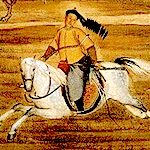
“The last line summarizes the entire 5,000 words of the previous eighty verses. It doesn’t focus on action or inaction but simply on action that doesn’t involve struggle.”
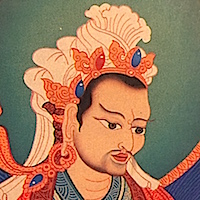
“Without spontaneous grace, no internal or external activity will bring about awakening.”
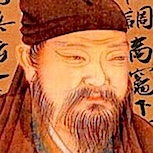
“Directness can be used in governing, but nowhere else. Deception can be used in warfare, but that is all. Only those who practice non-action are fit to rule the world.”
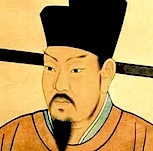
“Sages… do not act unless they are forced. They do not respond unless they are pushed. They do not rise unless they have to choice. Thus, in their actions, they place themselves behind others.”
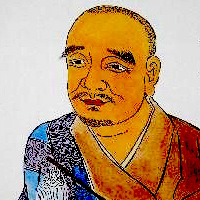
“If you go forward, you fall into the hands of the celestial demons. If you retreat, you slip into the realm of hungry ghosts. If you go neither forward nor backward, you will drown in the dead water.”
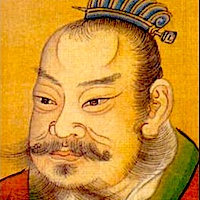
“In the deep night, with the wind still, the sea calm;
I'll find a boat and drift away,
to spend my final years afloat,
trusting to the river and the sea.”
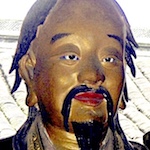
“If you start seeking, you are unable to see… As soon as you seek, it is like grasping at shadows.”

“Without leaving a trace, let mind and dharma become one and wander into the circle of wonder.”
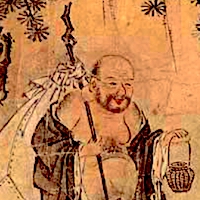
“I seek no state of enlightenment. Neither do I remain where no enlightenment exists. If hundreds of birds strew my path with flowers, such praise would be meaningless.”

“All works which come from within us are spontaneous… pleasant, whereas all those works which arise due to an external cause are constraining and enslaving. If these works did not arise due to something outside us they would not happen at all, and therefore they are constraining, enslaving and bitter.”

“A man must become truly poor and as free from his own creaturely will as he was when he was born... He alone has true spiritual poverty who wills nothing, knows nothing, desires nothing.”
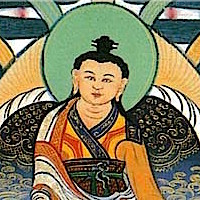
“Naturally occurring timeless awareness—utterly lucid awakened mind—the expanse of the naturally settled state that entails no effort of achievement.”
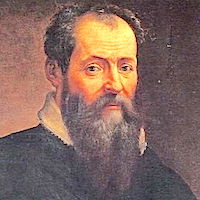
“Too much effort and diligence sometimes saps the vitality and powers of those who never know when to leave off.”

“If someone wishes to be sure of the road they’re traveling on, they must close their eyes and travel in the dark.”
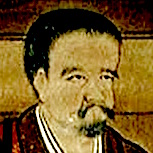
“Rather than trying to become a buddha, nothing could be simpler than taking the shortcut of remaining a buddha!”

“The more you struggle to live, the less you live. Give up the notion that you must be sure of what you are doing. Instead, surrender to what is real within you, for that alone is sure... you are above everything distressing.”
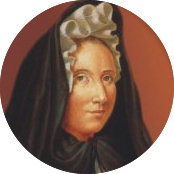
“Whenever we endeavor to bring about our own perfection, or that of others, by our own efforts, the result is simply imperfection.”
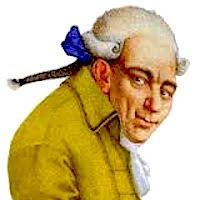
“The greatest events occur without intention playing any part in them; chance makes good mistakes and undoes the most carefully planned undertaking. The world's greatest events are not produced, they happen.”
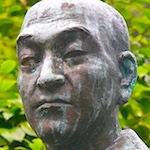
“What can ever be lost? What can be attained? If we attain something, it was there from the beginning of time. If we lose something, it is hiding somewhere near us.”

“While philosophy has long been obliged to serve entirely as a means to public ends on the one side and private ends on the other, I have pursued the course of my thought, undisturbed by them”
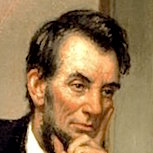
“I never had a policy; I have just tried to do my very best each and every day.”
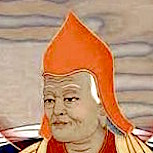
“You could construe abandoning all hope of results as being to your welfare. For example fame, renown, comfort, and happiness in this life, later happiness among gods or men, even the desire to achieve the transcendence of misery itself.”
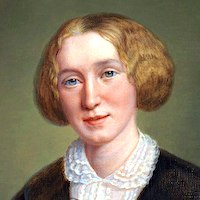
“There's no sort of work that could ever be done well if you minded what fools say. You must have it inside you that your plan is right, and that plan you must follow.”

“For my part, I travel not to go anywhere, but to go. I travel for travel's sake. The great affair is to move.”
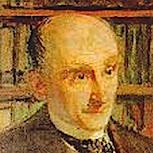
“Intuition is instinct becoming conscious of itself, set free from the slavery of exigencies it leads us to the very depths of life itself. A type of knowledge akin to art but having for object life itself, it transcends intellect but uses intellect grow beyond the limitations of mere instinct.”
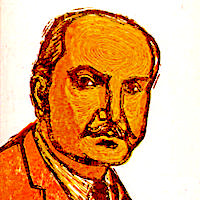
“Wealth is dismal and poverty cruel unless both are festive. There is no cure for birth and death save to enjoy the interval.”
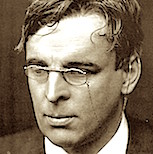
“When I think of all the books i have read, wise words heard... of hopes I have had, all life weighed in the balance of my own life seems to me a preparation for something that never happens.”
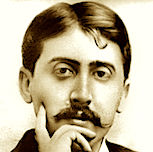
“The only true voyage would be not to travel through a hundred different lands with the same pair of eyes, but to see the same land through a hundred different pairs of eyes.”

“Intuition is a kind of instinctive apprehension through which any one content is presented as a complete whole, the highest form of cognition... Since I know nothing at all, I shall simply do whatever occurs to me, my aim became to leave things to chance...”

“If we surrender to earth's intelligence, we can rise up rooted, like trees.”

“What did these people do in order to achieve the progress that freed them? As far as I could see they did nothing (wu wei), but let things happen… The art of letting things happen, action in non-action, letting go of oneself as taught by Meister Eckhart, became a key to me with which I was able to open the door to the ‘Way.’”
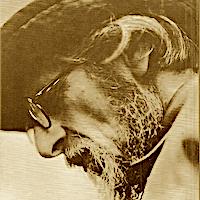
“All that is best for us comes of itself into our hands—but if we strive to take, it perpetually eludes us.”
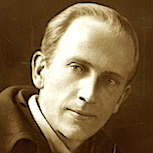
“Don't underestimate the value of Doing Nothing, of just going along, listening to all the things you can't hear, and not bothering.”
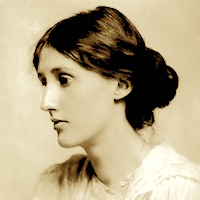
“The thought struck him like a bullet. Ambition dropped like a plummet. Rid of the heart-burn of rejected love and all the other stings and pricks of life’s nettle-bed his ambitions had burnt upon him, he opened his eyes which had been wide open all the time but had seen only thoughts.”
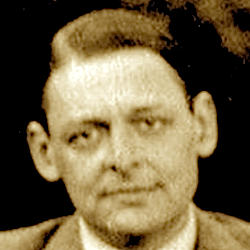
“We shall not cease from exploration
And the end of all our exploring
Will be to arrive where we started
And know the place for the first time.”
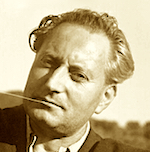
“If you meet someone never looking for a reward, acting completely unselfishly but leaving visible traces on the world, you are in the presence of an enlightened, unforgettable character.”
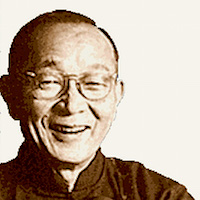
“If you can spend a perfectly useless afternoon in a perfectly useless manner, you have learned how to live”
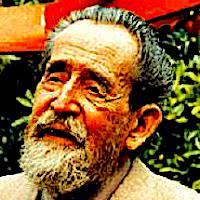
“Intuition begins with biological instinct and with awareness of self becomes holistic perception… a sudden identification of particular wholes with basic qualities in the unconscious”
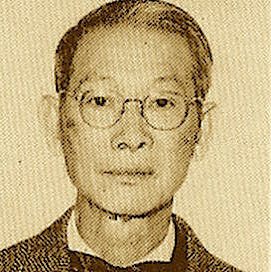
“The best way to govern is to leave the people alone and to follow the course of taking no action. This ideal of laissez faire originated in Taoism.”
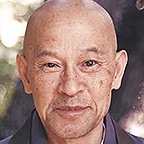
“The most important thing is to forget all gaining ideas, all dualistic ideas… Then eventually you will resume your own true nature. This is to say, your own true nature resumes itself.”

“Moment after moment, everyone comes out from nothingness. This is the true joy of life… activity which is based on nothingness… Without nothingness, there is no naturalness – no true being.”

“To do something without thinking is the most important point in understanding ourselves… when you just do something, and when your mind is just acting as it is, that is how you catch your mind in the true sense.”
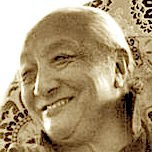
“Since all things are naked, clear and free from obscurations, there is nothing to attain or realize.”
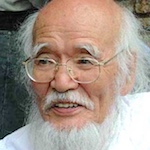
“The next age must reverse and become an era of spiritual culture that returns inward... an age of consolidation in which, taking the road of non-action and non-knowing, we elucidate the true nature of man.”
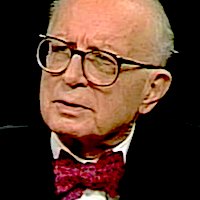
“philanthropists, like martyrs, missionaries, and apostles of the Good, have never been noted for their experimental spirit; they are philanthropists precisely because they know what is good and how to accomplish it... Their difficulties came, not from lack of a plan, but from too much of one... Their essential weakness was a frame of mind which stifled the spontaneous and experimental spirit which were the real spiritual wealth of America.”
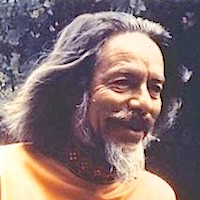
“to say 'must' to rhythm is to stop it dead... All perfect accomplishment in art or life is accompanied by the curious sensation that it is happening of itself—not forced, studied, or contrived”
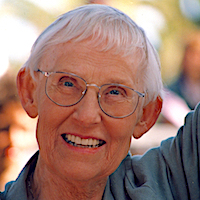
“Training in itself is nonsense, because life is fine just as it is, but we're not going to see that without the diligence of practice.”
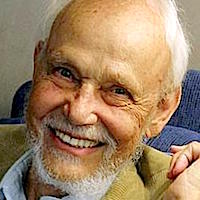
“The key phrase the Tao Te Ching uses to characterize the dynamic outworkings of the Tao in human affairs is wu wei. Literally the phrase translates as 'inaction,' but in Taoist context its meaning is 'no wasted motion' which stated positively comes to minimum friction and pure effectiveness.”
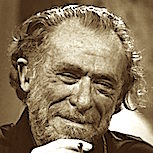
“You don't try. That's very important: not to try, either for Cadillacs, creation or immortality. You wait, and if nothing happens, you wait some more.”
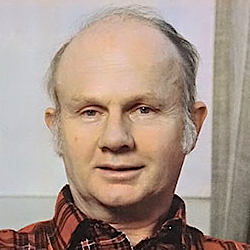
“The true test of character is not how much we know how to do, but how we behave when we don't know what to do.”

“The solution of the problem lies in seeing it—in the seeing, without wanting a solution, or dissolution—just seeing what’s there”
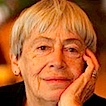
“‘doing without doing’: uncompetitive, unworried, trustful accomplishment, power that is not force. An example or analogy might be a very good teacher, or the truest voice in a group of singers.”

“It’s not a matter of transmitting teachings, but of working unbounded, unhindered, free from traditions, directly with whatever you have.”
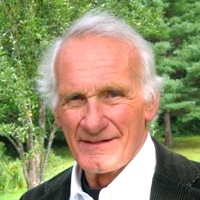
“The poet joyously suffers the unlike, reduces nothing, explains nothing, possesses nothing.”
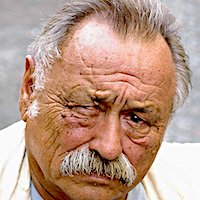
“In a life properly lived, you’re a river. You touch things lightly or deeply; you move along because life herself moves, and you can’t stop it; you can’t figure out a banal game plan applicable to all situations.”
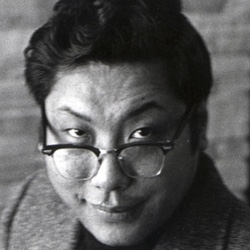
“… crazy wisdom is absolute perceptiveness, with fearlessness and bluntness… being wise, but not holding to particular doctrines or disciplines or formats. There aren’t any books to follow, only endless spontaneity… all activity is created by the environment.”

“It’s actually not trying to do anything at all (even relax). That’s the whole point.”

“Stop acting, stop speeding. Sit and do nothing. You should take pride in the fact that you have learned a very valuable message: you actually can survive beautifully by doing nothing.”

“Doesn’t have a point of view, knows not where he’s going to… isn’t he a bit like you and me?”

“I have nothing much to do with the writing of them (songs that have been any good,). The words have just crawled down my sleeve and come out on the page.”
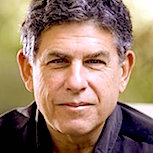
“The game plays the game; the poem writes the poem; we can't tell the dancer from the dance.”
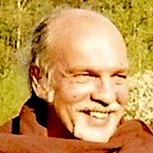
“The siddhas' action is not our ordinary action, although it may appear so on the surface. Quite the contrary is true, for their action is styled 'non-action.' Like the Toist concept of wu-wei, it is unmotivated and objectless... all actions have the same value. It is only the prejudices and limitations of the observer's dualistic mind that see one set of actions as harmonious, self-less and 'divine' and another as unconventional, outrageous, or insane.”
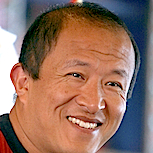
“Those who do not pursue praise and gain, those who do not shun criticism and loss may be stigmatized as insane because they cannot be lured by material gain, don’t look for thrills, have no face to lose, never do anything to impress people.”
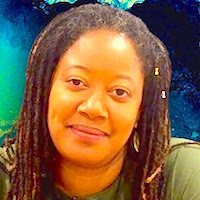
“Magic, though, feels effortless… it is simply about knowing it’s there. Training yourself to see it.”
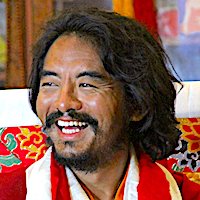
“You don’t have to block whatever thoughts, emotions, or sensations arise, but neither do you have to follow them. Just rest in the open present, simply allowing whatever happens
”
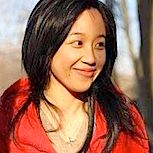
“The Tao Te Ching itself provides an example of wu-wei […] a philosophy that embodies its own message.”


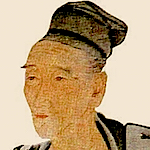
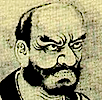
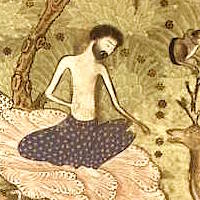

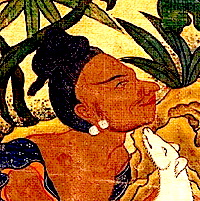
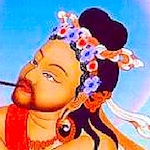
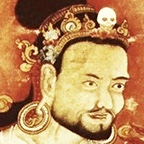
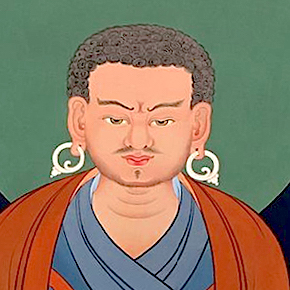
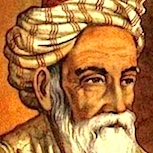



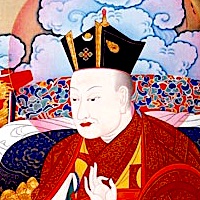
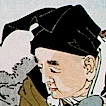
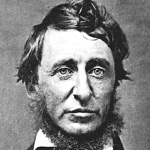
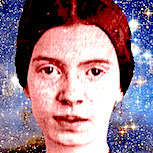
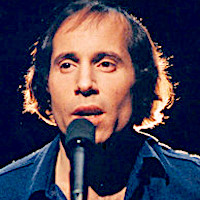

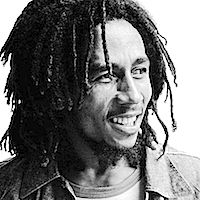
Comments (0)